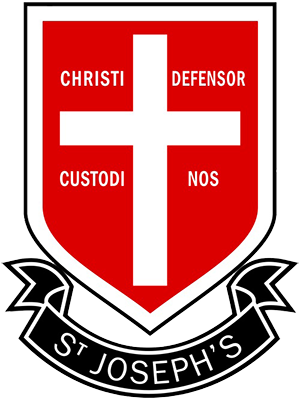Curriculum
Social Sciences
Intent
In Social Sciences, including Sociology, Psychology and Criminology, we provide opportunities for students to become aware of their minds, identities and behaviours in the context of their way of life within the UK social system. They are offered the chance to learn about the commonalities and diversity in the human condition and how they are reflected in the Criminal Justice System, our increasingly diverse communities and wider society. Accomplished students in this area will be independent, self-motivated and resilient learners with high level literacy and oracy skills and we hope to help them become responsible citizens with an empathy for those with mental health issues and other disadvantaged groups in society.
A-LEVEL PSYCHOLOGY
In Psychology, students will study human minds and behaviours, why we are who we are and why we do the things we do. The units covered over the two years are:
Year 12 Topics (AQA)
Social Influence, Memory, Attachment, Psychopathology, Approaches in Psychology, Biopsychology and Research Methods.
Year 12 Curriculum Map
|
Half Term 1: Approaches in Psychology and Research Methods |
Half Term 2: Social Influence and Research Methods |
|
Topics in Approaches including:
|
Topics in Social Influence including:
Topics in Research Methods including:
|
|
Half Term 3: Memory |
Half Term 4: Psychopathologies |
|
Topics including:
|
Topics including:
|
|
Half Term 5: Attachment |
Half Term 6: Start of Year 13 Content |
|
Topics including:
|
Potential Year 13 topics could include:
|
Year 13 Topics (AQA)
Issues & Debates in Psychology, Relationships, Schizophrenia, Aggression and Research Methods.
Year 13 Curriculum Map
|
Half Term 1: Schizophrenia and Issues and Debates |
Half Term 2: Aggression and Issues and Debates |
|
Topics in Schizophrenia focus on:
Topics in Issues and Debates focus on:
|
Topics in Aggression focus on:
Topics in Issues and Debates focus on:
|
|
Half Term 3: Relationships and Research Methods |
Half Term 3: Research Methods |
|
Topics in Relationships focus on:
Topics in Research Methods focus on:
|
Topics in Research Methods focus on:
|
|
Half Term 5: Revision |
Half Term 6: Final Exams |
|
|
Please click the link below to view the pictorial version of the Psychology curriculum map:
Documents/Psychology-Curriculum-Building-Blocks.pdf
A-LEVEL SOCIOLOGY
Sociology is the in-depth theoretical study of society. It is about the world we live in so is relevant to everyone. The units covered over the two years are:
Year 12 Topics (Eduqas)
Culture, Socialisation & Identity, Families & Households, Education and Research Methods
Year 12 Curriculum Map (new specification)
|
Half Term 1: Culture, Socialisation and Identities |
Half Term 2: Families and Households |
|
Topics including:
|
Topics including:
|
|
Half Term 3: Families and Households and Education |
Half Term 3: Education |
|
Topics including:
|
Topics including:
|
|
Half Term 5: Sociological Research Methods |
Half Term 6: Sociological Research Methods |
|
Topics including:
|
Topics including:
|
Year 13 Topics (Edquas)
Research Methods, Crime and Deviance and Inequality and Difference
Year 13 Curriculum Map
|
Half Term 1: Methods of Sociological Enquiry and Crime and Deviance |
Half Term 2: Crime and Deviance |
|
Specific Issues in Research Methods
Functionalist, Marxist and Interactionist explanations focused on:
|
Subcultural, Realist and Feminist explanations focused on:
|
|
Half Term 3: Crime and Deviance and Inequality and Difference |
Half Term 4: Inequality and Difference |
|
Specific issues in Crime and Deviance including:
Issues in Inequality and Difference including:
|
Issues in Inequality and Difference including:
|
|
Half Term 5: Exam Revision |
Half Term 6: Final Exams |
|
Revision |
Final exams |
Please click the link below to view the pictorial version of the Sociology curriculum map:
Documents/Sociology-Curriculum-Building-Blocks.pdf
CAREERS IN SOCIAL SCIENCES
Careers in Psychology: https://www.bps.org.uk/public/become-psychologist/career-options-psychology
Careers in Sociology: https://www.britsoc.co.uk/what-is-sociology/sociologist-careers.aspx
CONTACT US
For further information regarding Social Sciences please contact the following:
- Mr Richard Evans (Head of Social Sciences) - r.evans@st-josephs.slough.sch.uk
